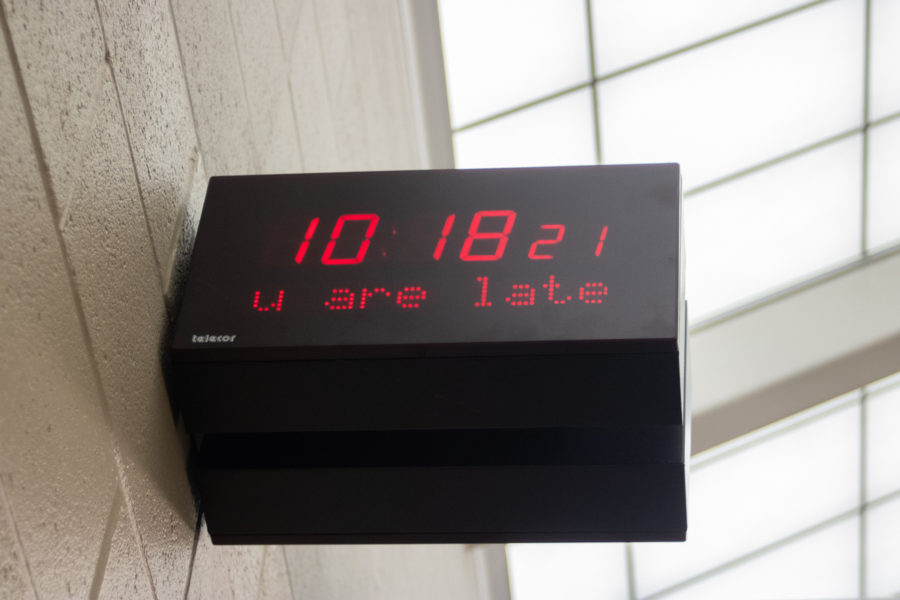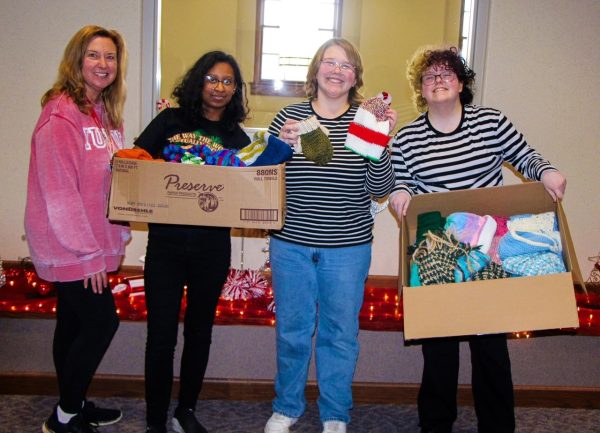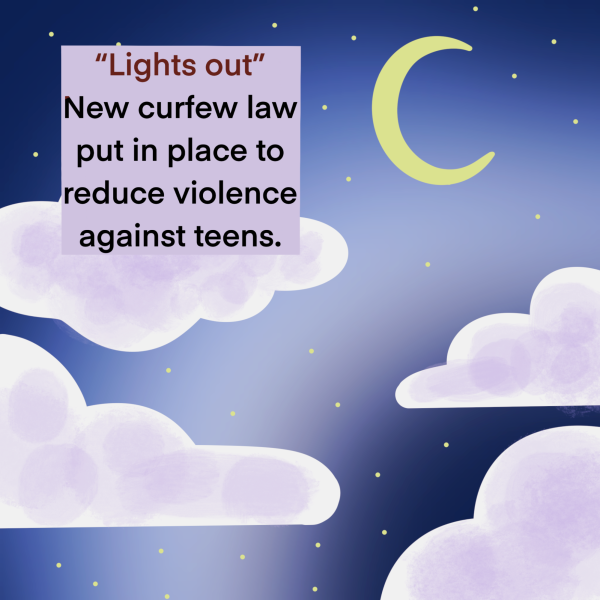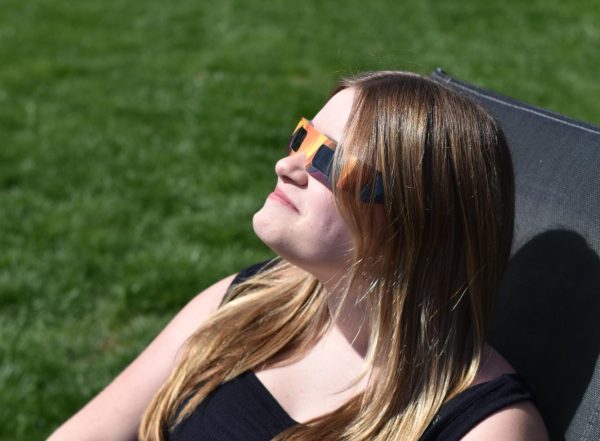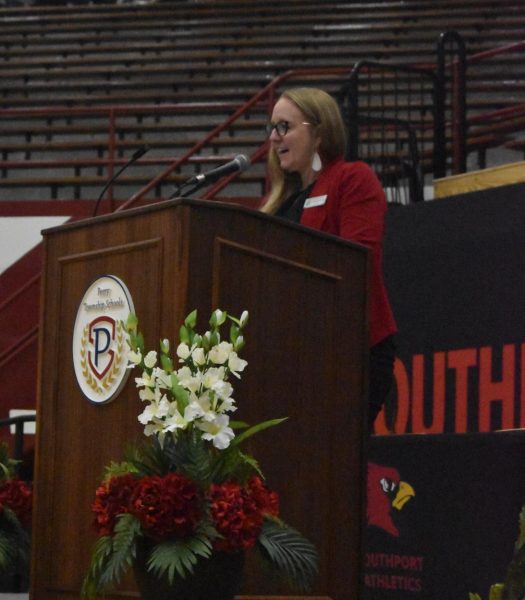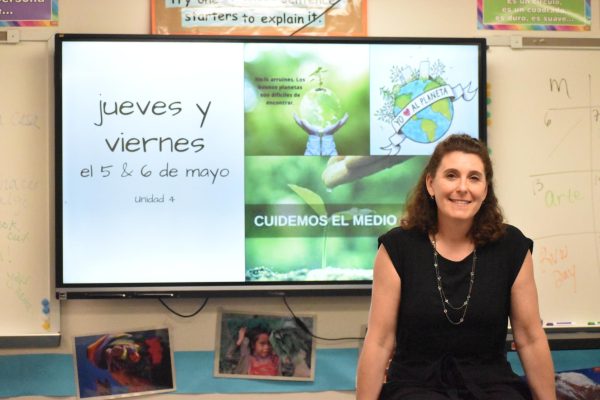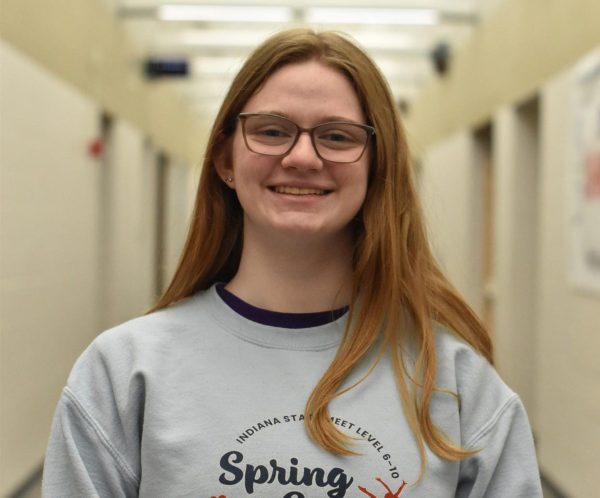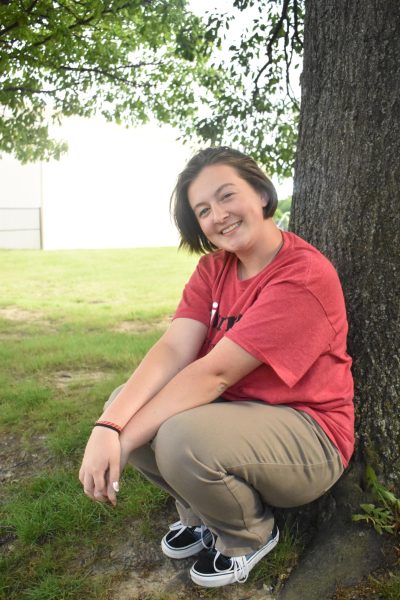Sweeping the halls
SHS introduces new tardy policy
Administration, teachers and students at SHS have noticed that more students are coming into classes late without caring about the consequences.
“If you would have asked me in 2020 ‘What do you think one of the biggest issues was gonna be in the ‘21-22′ school year?’, tardy to class would have been one of my last things I would have thought would be such an issue,” Assistant Principal Joe Horvath said.
Horvath says there are many possibilities on why students are late to class. One possible reason is that students may want to see their friends more since they couldn’t do it last year due to the hybrid schedule. Students and teachers agree that they’ve been noticing students talking to their friends instead of heading to class.
In the first quarter, there were a few disciplinary actions taken if someone was late to class, but students would have to have multiple tardies for administration to get involved. Because of this, students had little to no motivation to be on time.
When a student is tardy to class, teachers are supposed to count them as tardy. There are two types of tardies to class. An “LA tardy” is when a student is around one minute late. And a “Z tardy” is when a student is more than two minutes late to class.
Administration has decided to take a different approach to decrease the amount of tardies at SHS: tardy sweeps.
A tardy sweep happens randomly throughout the school day. Administration will come on the announcements and instruct teachers to close their doors and students remaining in the hallways have to head to the cafeteria. If one gets tardy swept, then they have to spend the remainder of the period in the cafeteria.
Administration is still determining the other consequences of being tardy swept. One consequence they are considering is students getting ISS if they are tardy swept.
“We haven’t come up with the exact idea if it is going to be an ISS for a period or is it going to be a full day ISS, OSS, we haven’t figured that part out yet,” Horvath said.
The first tardy sweep happened on Jan. 11 during the beginning of IPass. Students had seven and a half minutes to get to class before it was announced. Yet almost 50 students were still in the hallways and had to go down to the cafeteria for the remainder of IPass.
Sophomore Nat Tien and freshman Rose Par were not expecting the tardy sweep to happen but understand why administration did it. But, neither of them were aware that students had to stay the whole period in the cafeteria instead of going back to class.
“I understand why they are doing the tardy sweep,” Tien said. “But I feel it’s not logical to keep the students who are late or in the hallway to stay in the cafeteria the entire IPass. I feel they should have resource like the rest of us.”
Horvath is unsure if tardies will decrease or increase in the future. The tardy sweeps are a new system, so the results are still undetermined.
Teachers believe that as routine starts to set in during the second semester and students get a sense of urgency, the number of tardy students will decrease.
“Anytime you take into action anything different, it will conditionally help,” business teacher Shane Williams said about the new tardy system. “But I think doing that will stop the chronically late tardies.”

Hi! My name is Kenzie Andrysiak and I’m a junior this year! This is my third year on The Journal and I’m going to be the Features Editor. Other than...


